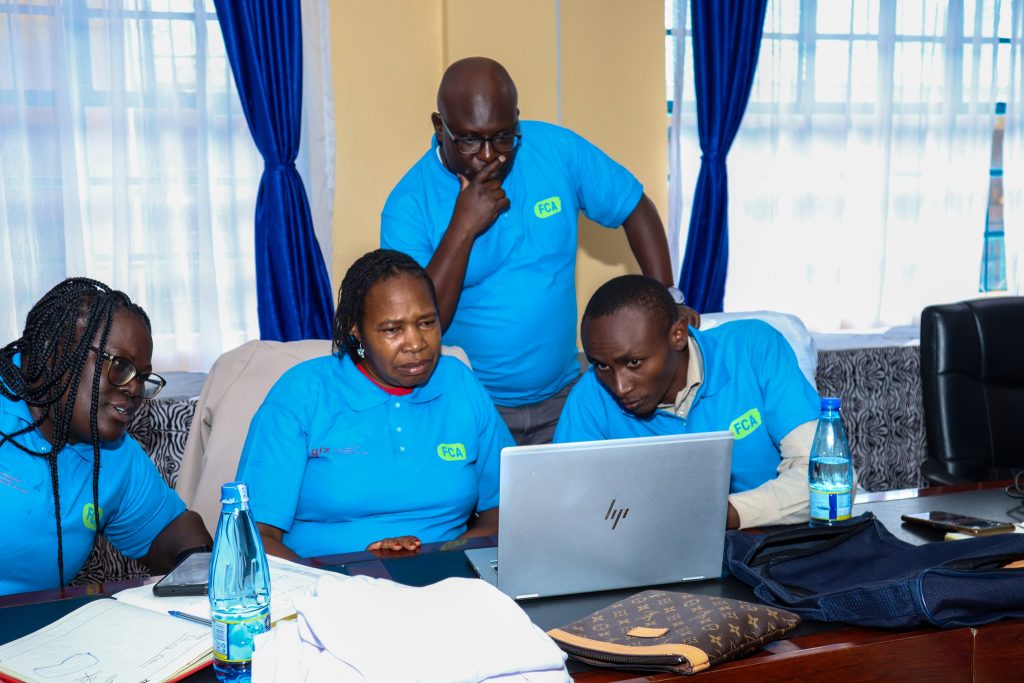Digital Innovation and Practical Skills Boost Employment Outcomes in Kenya’s TVET Sector

As Kenya grapples with high youth unemployment, Finn Church Aid (FCA) is empowering young people, particularly women, with industry-relevant skills through its Youth Employment and Technical and Vocational Education and Training (TVET) project. Partnered with Tampere University and GIZ, the initiative integrates digital technology, personalized learning, and competency-based education and training (CBET) to foster economic growth and gender equality.
Gerald Abele, FCA Kenya Project Officer, says, “Our collaboration with Finnish and Kenyan TVET institutions tackles unemployment by equipping youth, especially women, with practical skills for the digital economy.” The project focuses on three pillars: modern digital tools like Kahoot and Google Classroom, personalised education tailored to diverse needs, and CBET aligned with industry standards to ensure job-ready graduates.
Across five Kenyan TVET institutions, including Nyeri National Polytechnic, Ndia Technical and Vocational Collage, Mathenge TTI and Mukurwe-ini Technical Training Institute, trainers use platforms like Mentimeter, Flinga, and Kahoot to engage Gen Z learners with interactive content. “These tools excite trainees and bridge generational gaps,” Abele notes, adding that enhanced trainer capacity has improved retention.
Sharon Chebet, a trainer at Nyeri National Polytechnic, says, “Before this project, about 60% of Kenyan youth faced unemployment. Now, employment rates are rising as trainees gain skills aligned with industry needs, using tools like Kahoot to prepare for a dynamic job market.” Her work underscores the project’s role in connecting education to employment.
To boost women’s participation, the project creates inclusive learning environments that address gender-specific needs. Pamela Muthoni, a trainer at Mathenge TTI, says, “Platforms like Google Classroom and Padlet quizzes enable active learning, empowering female trainees with skills and confidence to succeed.” These tools foster a supportive space for women to excel.
Kevin Njoroge, a trainer at Mukurwe-ini TTI, adds, “Personalised learning and AI tools help us meet each student’s needs, particularly for women, ensuring confident workforce transitions.” This tailored approach enhances access and equity for female trainees.
Through CBET and dual training with industry partners, the project prioritizes practical skills. The Deputy Principal of Nyeri National Polytechnic shares, “Our dual training equips students with hands-on experience. Our first cohort, now in company training, is poised for employment or entrepreneurship.” This industry alignment drives job readiness.
FCA, alongside Tampere University and GIZ, sees TVET as a catalyst for Kenya’s economic progress. “By empowering youth, especially women, we’re fuelling sustainable development,” Abele affirms.
Text & Photo:Daisy Obare/FCA Kenya